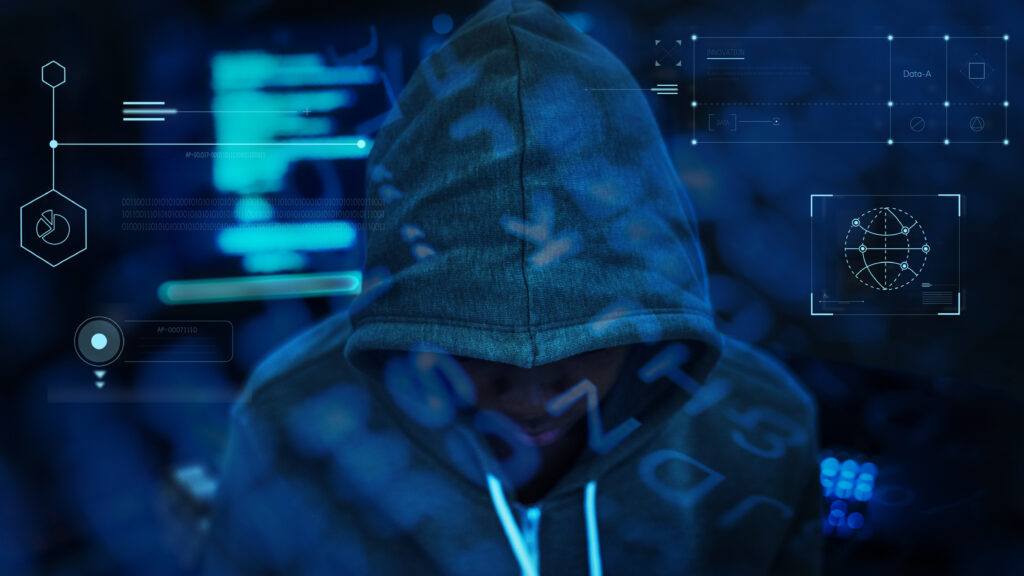Cybersecurity is an increasingly important concern for individuals and businesses of all sizes. As technology continues to advance and become more integrated into our daily lives, the risk of cyber attacks and data breaches grows. Fortunately, there are steps that individuals and businesses can take to protect themselves from these threats.
One of the most effective ways to protect against cyber threats is to use strong, unique passwords for all of your online accounts. Strong passwords are typically at least 8 characters long and include a mix of upper and lower case letters, numbers, and special characters. It is also important to avoid using the same password for multiple accounts, as this increases the risk of a breach. If you have a hard time remembering multiple complex passwords, you can use a password manager to store them securely.
Another important step is to enable two-factor authentication (2FA) on your accounts whenever possible. 2FA adds an additional layer of security by requiring you to enter a code that is sent to your phone or email in addition to your password when you log in. This makes it much harder for hackers to gain access to your accounts, even if they manage to guess or obtain your password.
Keeping your software up to date is also essential for cybersecurity. Software updates often include security patches that fix vulnerabilities that could be exploited by hackers. By regularly updating your operating system, web browsers, and other software, you can help protect yourself from these threats. It is also important to be cautious when installing new software and to only download it from trusted sources.
In addition to these basic precautions, there are other measures that individuals and businesses can take to improve their cybersecurity. For example:
- Use a firewall: A firewall is a network security system that monitors and controls incoming and outgoing network traffic based on predetermined security rules. It can help protect against cyber attacks by blocking unauthorized access and suspicious activity.
- Use antivirus software: Antivirus software helps protect against malware, which is software that is designed to harm or exploit vulnerabilities in your computer or network. By installing antivirus software and keeping it up to date, you can help prevent malware infections and protect against cyber threats.
- Back up your data: Regularly backing up your data can help you recover from a cyber attack or data loss. There are a variety of backup options available, including cloud-based solutions and physical storage devices. It is important to choose a backup method that is appropriate for your needs and to test your backups regularly to ensure that they are working properly.
- Educate your employees: Cybersecurity is everyone’s responsibility, and it is important for businesses to educate their employees about best practices and the risks of cyber attacks. This can include providing training on how to create strong passwords, recognizing phishing attempts, and protecting sensitive data.
By taking these steps, individuals and businesses can significantly reduce their risk of falling victim to a cyber attack. However, it is important to remember that there is no 100% foolproof way to protect against cyber threats. Therefore, it is important to stay vigilant and to regularly review and update your cybersecurity measures to ensure that you are as protected as possible.

